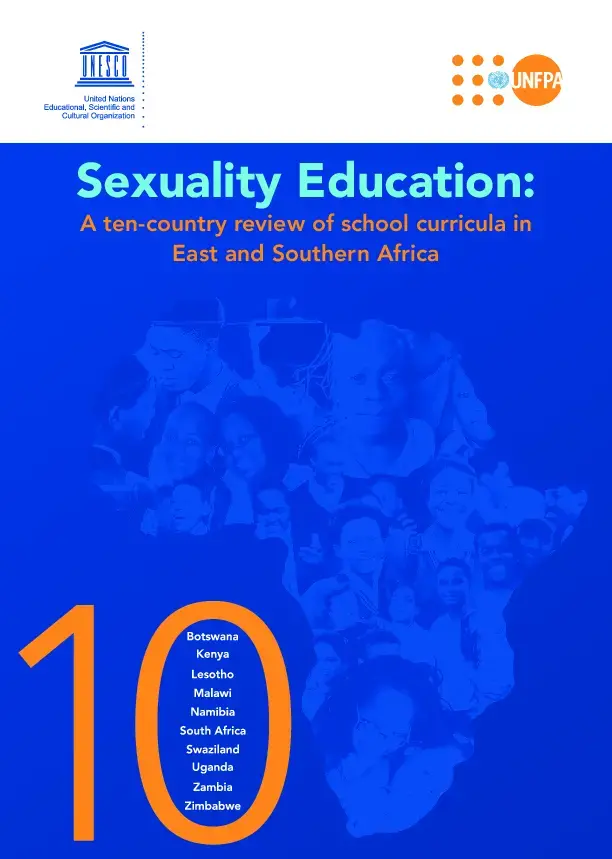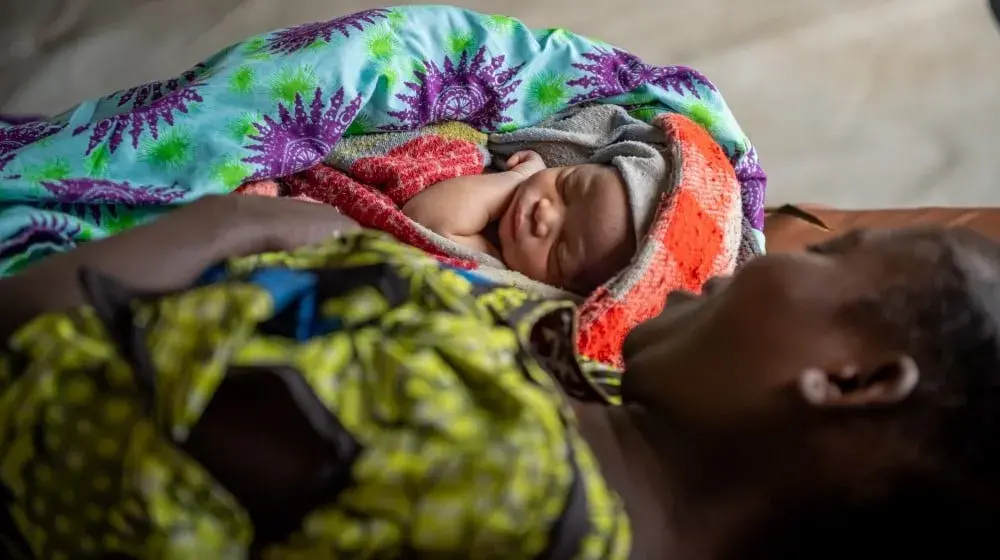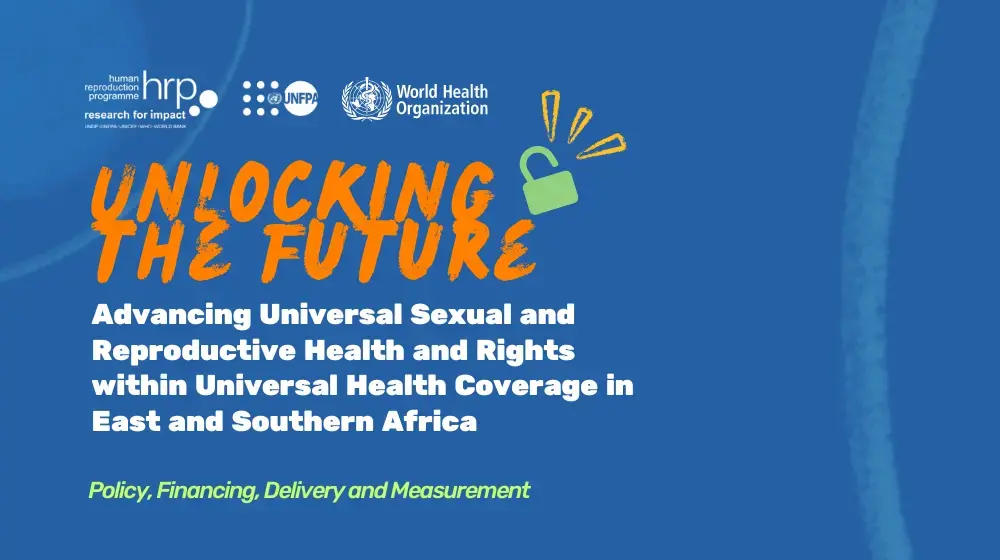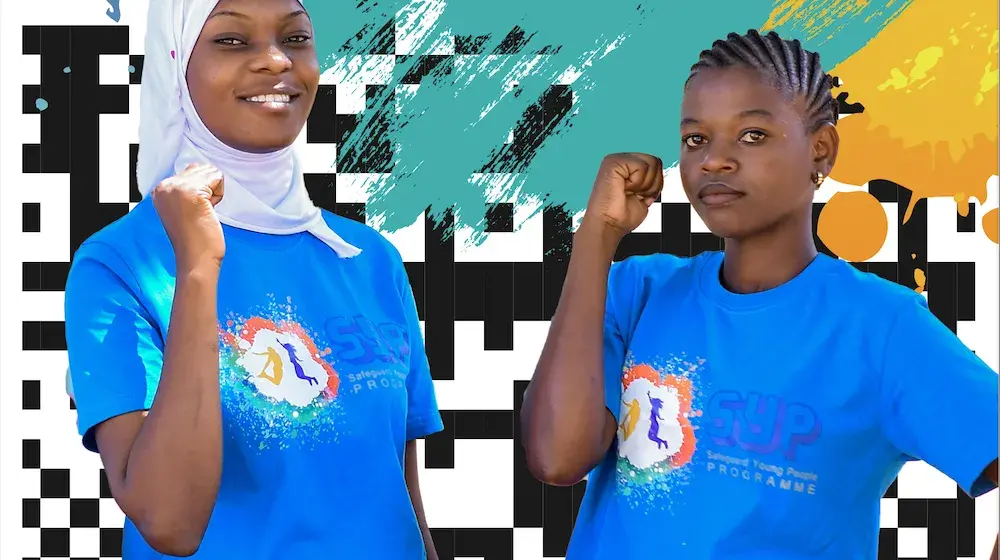This regional ten-country curriculum scan was jointly commissioned by UNESCO, UNFPA and UNICEF for the HIV Prevention Working Group of the Regional AIDS Team in East and Southern Africa (RATESA). The scans were commissioned as part of an inter-agency programme aimed at supporting countries in the East and Southern Africa (ESA) region to improve the quality of gender-sensitive, life skills-based sexual and reproductive health education in both in-school and out-of-school settings.
They were conducted in 2011 by the Rethinking Sexuality Education Project of the Population Council for the UN partners. The participating countries – Botswana, Lesotho, Kenya, Malawi, Namibia, South Africa, Swaziland, Uganda, Zambia, and Zimbabwe – were selected on the basis of their being in theprocess of reviewing their HIV prevention curricula.
In 2009, UNAIDS endorsed the Outcomes Framework as a key tool for accelerating the achievement of universal access to HIV prevention, treatment, care and support, while simultaneously making advances towards achievement of the Millennium Development Goals. The Outcomes Framework’s eighth priority area focuses on empowering young people to protect themselves from HIV and aims to reduce new infections among young people (aged 15-24) by 30% by 2015.
This collaborative regional curriculum scan, which was conducted in 2011, seeks to assess the content, quality, and delivery methods of sexuality education (SE) curricula in ten ESA countries and aims to ensure that the reviews help countries to develop curricula designed to not only increase comprehensive knowledge among young people, but to empower them to adopt protective behaviours, such as refusing unwanted sex, delaying sex, using condoms and testing for HIV.





